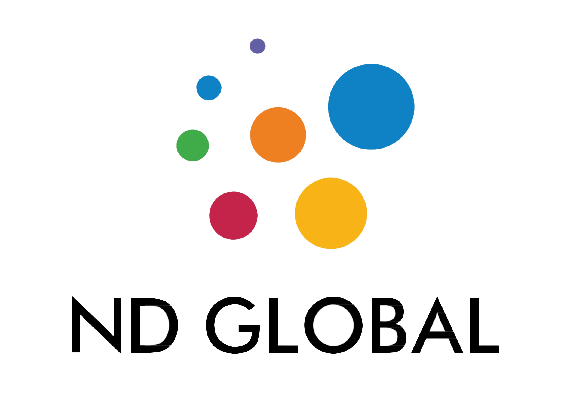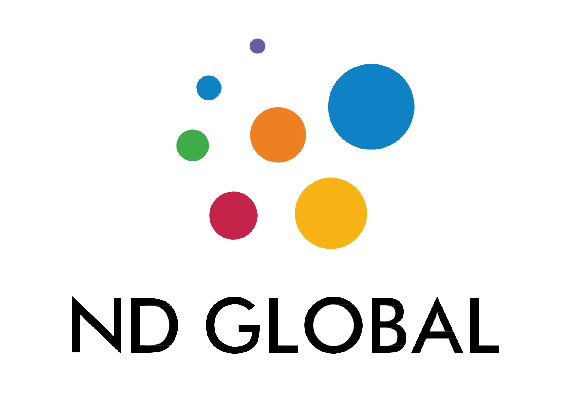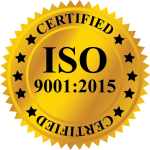Overview – The terms used in drug formulations and active medicinal ingredients are widespread in the pharmaceutical business. It is a constant challenge for pharmaceutical corporations to develop new patent medications more quickly. The rising incidence of illnesses and fast-paced lifestyle trends are driving the need for pharmaceutical companies to develop new medications more quickly than ever. Regarding bringing new treatments to market, two significant challenges that big pharmaceutical companies face are high levels of competition and cost pressure. Big pharma businesses benefit from the coordination and consolidation of Active Pharmaceutical Ingredients (API) and drug formulation companies since they are spared from these issues.
Understanding APIs – API is the full term for an active pharmaceutical ingredient in pharma. In the pharmaceutical industry, an API is a raw substance used in medications. There is a slight distinction between natural ingredients and API. It’s a physiologically active ingredient that helps medications (such as capsules, pills, and injectables) accomplish their goals. It is one of the two primary components of medication; the other is an excipient, a chemically inert material that facilitates the action of API. Any material intended for manufacturing that addresses or directly affects the disease is called an active ingredient or API. These compounds are essential because they directly impact the body’s structure or offer pharmacological activity that aids in diagnosis, treatment, cure, or prevention. Manufacturing APIs is a complex task and demands expertise. Each medicine comprises two components: excipients, often referred to as API support, and API, also known as API. Therefore, any completed medication is made up of API and excipients.
API Development Process – API process development optimizes the production process for a drug’s active ingredient. This process includes creating synthetic pathways, improving reaction conditions, and choosing suitable reagents and solvents. API process development aims to create a high-quality product that can be mass-produced reliably. API process development typically begins in the preclinical phase of drug development. Researchers create and refine synthetic pathways for the medication’s active component, identifying essential quality attributes (CQAs) and employing analytical techniques. The development of API processes continues as medication discovery advances. To maximize the process for scalability and economy, scientists will hone the synthetic pathways and reaction conditions. Additionally, they’ll ensure the API satisfies all requirements for quality, such as potency, stability, and purity.
Types of API – APIs are classified into two main categories: natural and synthetic. Synthetic APIs are further divided into novel and generic forms based on the synthesis method.
- Small molecules, or synthetic chemical APIs, comprise many pharmaceutical medicines.
- Biologics, which are increasingly common medications on the market, are made using natural APIs. Despite the rising demand, biologics are far less accessible than small-molecule medications.
- Based on their solubility, APIs are classified as soluble or insoluble.
Formulations in Product Development – The initial development stage is drug pre-formulation research. To choose the inactive substances, or excipients, that work best with medicine, we first identify their chemical, physical, and mechanical qualities. The idea is to develop a formulation that can withstand various temperatures, from extremely cold to extremely hot. Excipients can alter a drug’s properties and guarantee that the finished product won’t deteriorate during storage or transportation. Formulation studies consider factors like particle size, pH, polymorphism, and solubility to ensure consistent dosages and prevent tablet or capsule composition variations. Oral drugs must completely dissolve in the stomach, and dosages must have a consistent look and acceptable flavor. The drug’s storage container—plastic or glass—is another aspect considered in formulation studies. Examples include blister packs, vials, bottles, syringes, and ampoules. There could be potential interactions between a drug’s formulation and its container. Will pills in plastic containers absorb contaminants that seep out of the plastic? Or will the plastic take up the tablet’s active ingredients? Formulation studies provide answers to these queries.
Integrating APIs and Formulations – Combining APIs and formulations presents challenges and opportunities. Successful integration examples abound, showcasing the benefits of a cohesive approach. Real-world case studies highlight instances where this synergy has led to ground-breaking products, emphasizing the importance of a well-integrated strategy.
Regulatory and Compliance Considerations – Adhering to regulatory standards is paramount in both API and formulation development. This section provides insights into the regulatory landscape, stressing the significance of compliance with industry standards. Strategies for navigating these complexities are discussed, ensuring a seamless journey through product development.
Innovation and Trends – Staying ahead in the dynamic field of product development requires understanding emerging trends. This section explores the latest API development and formulation design innovations, shedding light on the technological advancements shaping the industry’s future.
Conclusion – The changing and always-progressing field of pharmaceutical product development, especially in API and formulations, needs a strategic and well-coordinated approach. The challenges of high competition and cost pressures big pharmaceutical companies face are mitigated through the coordination and consolidation of Active Pharmaceutical Ingredients (API) and drug formulation companies. Navigating the regulatory landscape is imperative in this process, emphasizing compliance with industry standards. Staying competitive in the pharmaceutical industry requires consistently innovating and keeping up with the latest API development and formulation design trends. Combining APIs and formulations in a strategic and compliant way helps tackle challenges for pharmaceutical companies. It also leads to ground-breaking advancements in drug development. The pharmaceutical industry will continue evolving, and the integration of APIs and formulations will shape the next generation of therapeutic solutions.
How ND Global Can Help: At ND Global, we understand that assembling the right team is at the heart of ground breaking innovation. Here’s how we contribute to the success of your product development endeavours:
- Strategic Talent Acquisition for Pharma Excellence: ND Global specializes in identifying and securing top-tier professionals with profound expertise in API development and formulation sciences in the highly regulated pharmaceutical field.
- Navigating Pharma-Specific Challenges: The pharmaceutical industry presents unique challenges, including stringent regulations and evolving technologies. ND Global connects you with professionals who excel in technical expertise and understand the nuanced landscape of pharmaceutical product development.
- Adherence to Compliance: Compliance is non-negotiable in pharmaceuticals. ND Global ensures that the professionals we connect you with are well-versed in the regulatory landscape, guaranteeing that your product development efforts meet the highest standards set by regulatory authorities.
- Agility for Pharma Innovation: The pharmaceutical landscape evolves rapidly, and agility is critical to staying ahead. ND Global’s agile staffing approach allows you to adapt swiftly to changing project requirements, ensuring optimal resources for meeting project timelines and milestones.
- Diversity in Pharma Excellence: Recognizing that diversity fosters innovation, ND Global is committed to helping you build teams that bring various perspectives and ideas to the pharmaceutical development table. This commitment extends to fostering an inclusive environment that enhances creativity and problem-solving.
- End-to-End Pharma Support: From initial recruitment to seamless onboarding, ND Global provides comprehensive support tailored to the unique needs of pharmaceutical product development. Our end-to-end support ensures that your teams can focus on what matters most – advancing pharmaceutical innovation.







